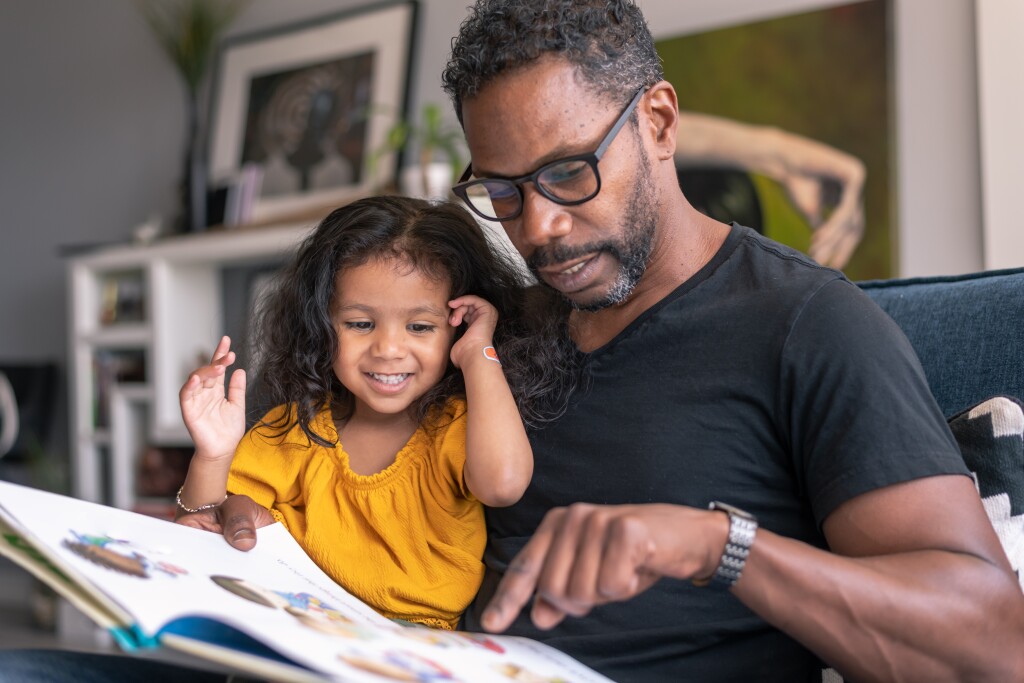Setting a budget can be a powerful tool to help you align everyday money decisions with your values. It can help you spend, save, invest and give without much guilt or stress. Knowing where your money is going can give you confidence that you're making progress toward future financial goals while still enjoying the here and now.
What is a budget?
A budget is a plan for how your money is spent. It doesn't have to be perfect; it's best to just start, even if it feels overwhelming to track expenses. You may not know where your money goes. You can track your expenses for 30 days and use that as a guide to create your structure to live within. It's also flexible to account for the best-case, worst-case and most-likely scenarios. And it's changeable. So if it's not working or your financial situation or needs change, you can regularly check in and adjust it or try a new approach. By planning ahead and putting money aside for specific scenarios, you can be prepared for seasons of challenge as well as seasons of opportunity.
You get to choose how to create and manage your budget. Some people prefer a notebook and a pencil—others like digitized data tables. And if doing it yourself isn't your thing, you can use a program or app to import and automate your information and track your budget targets for you. Some programs even allow you to grant access to your financial advisor so they can offer more efficient support and guidance.

Why budgeting is important
A
Here are four aspects of effective budgets that can make a difference for you and your relationship with your money:
Creates awareness around your cash flow
Having a budget allows you to be more
Any data or personal information collected by websites other than Thrivent is not covered by Thrivent privacy policy. We recommend you read the privacy policies of those sites as they may be different from Thrivent policy.
Empowers you to set goals
If you don't know where you're going, how will you get there? When you build a personal budget, you'll decide how much you want to spend and save in different categories. You'll base those decisions on
For example, if you want to have a down payment on a home before starting a family, you can calculate what you'll need to save each month to meet that goal on your desired timeline. If that monthly amount isn't realistic right now, you can explore a variety of ways to get there, such as gaining experience, skills or education for a higher-paying job or researching housing assistance programs.
Relieves financial stress
At first, budgeting might seem like it creates more stress than it relieves. When you do the math and realize you only can spend $200 a month on groceries, you might get a sinking feeling in your stomach.
But as you find ways to stay within that budget, your anxiety may decrease. You'll feel a greater sense of control over your money and your life. You'll gain confidence that you can learn the skills you need to build financial stability and avoid or minimize debt. Over time, you'll start to enjoy more flexibility and freedom. You might even feel inspired to pass on what you've learned to others.
Minimizes your debt
In some ways, taking on debt can be a privilege: Not everyone has the credit score, citizenship status or know-how to apply for a loan. In other ways, debt can be a burden, especially if you get into it without understanding the consequences. Student loans, credit cards and installment loans all have their place and can be better than the alternatives—like not getting a college degree or losing your job because you need reliable transportation to get you there. But these borrowing and line-of-credit options often come with high interest that can weigh you down and restrict your choices.
Whether you're trying to
Keeps you accountable
Tracking your spending and saving can keep you from not being honest with yourself about where your money is going. Self-accountability may not be fun, but it does force you to decide how you'll use your limited resources. By looking at your numbers, you may find you're spending $70 a week on lunch. You might decide it's worth it, or you might think you'd rather cut that down and put it toward something else that you want (or need) more. The important thing is that you're making a conscious choice.

How do you stick to your budget when life changes?
Types of budgets: Choosing the right one for you
There are many
Pay yourself first budget using the 80/20 rule . Assigns 20% of your income to savings and 80% to your needs and wants. Money coming in goes toward your savings goals first, then to everything else.50/30/20 budget. Allocates 50% of your income to needs, 30% to wants and 20% to savings. Tinker with the percentages to suit your circumstances.Envelope system. Has you put actual cash in envelopes labeled for different categories or you can use an app to do it digitally. Per month, you only can spend what you have in each category.Zero-based budget. Assigns a specific purpose to every dollar that comes in.- No-budget budget. Makes sure your income covers your needs, then gives you total freedom to cover your wants with the rest.
Building the life you want
A budget provides insight into using your money to build the life you want. To maintain a budget, you may need to make tradeoffs which includes shifting how you think about and behave with money. It may be helpful to learn some new financial skills to stay consistent. Even though budgeting takes some time, it shouldn't be overly burdensome.
Remember that a







